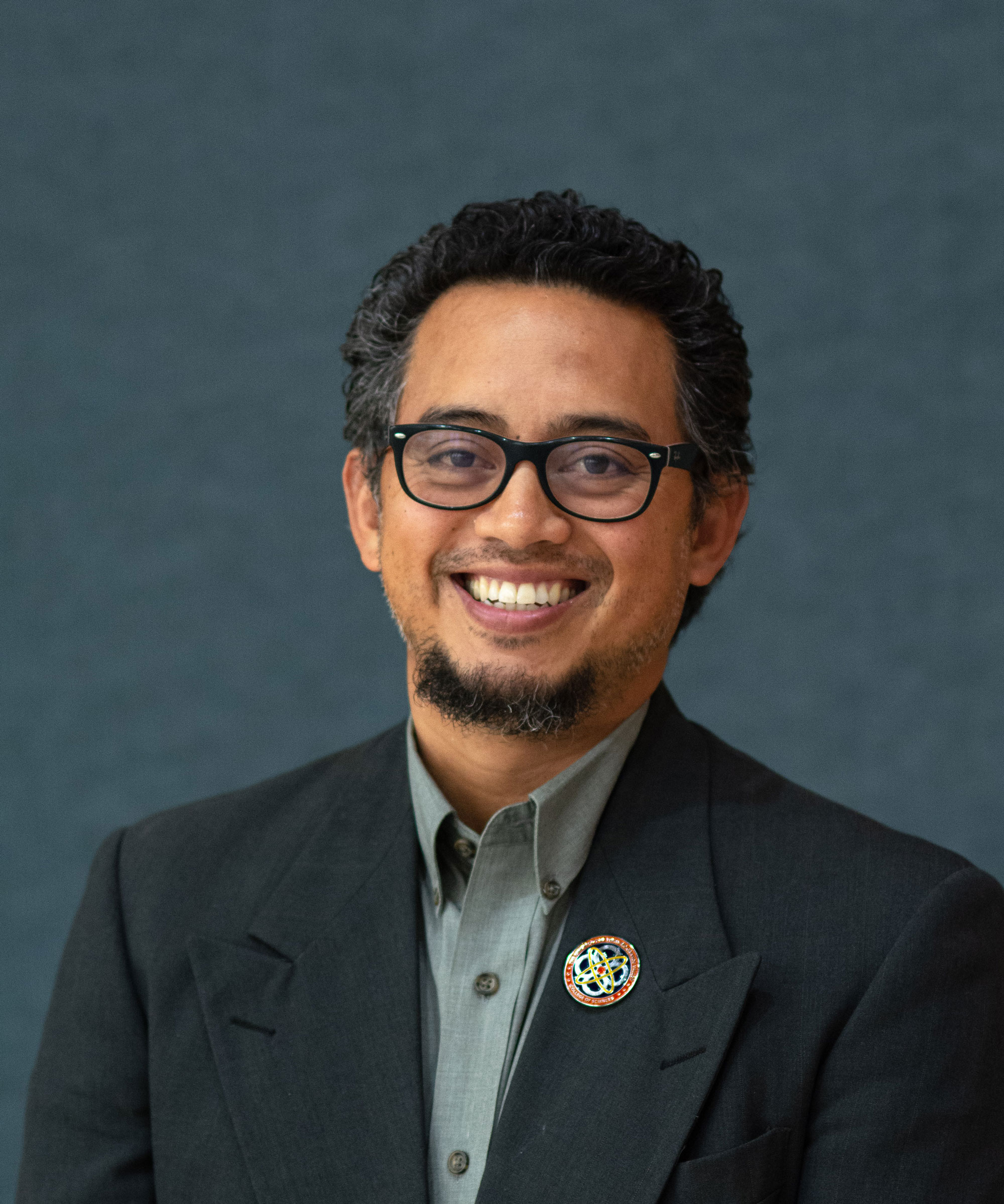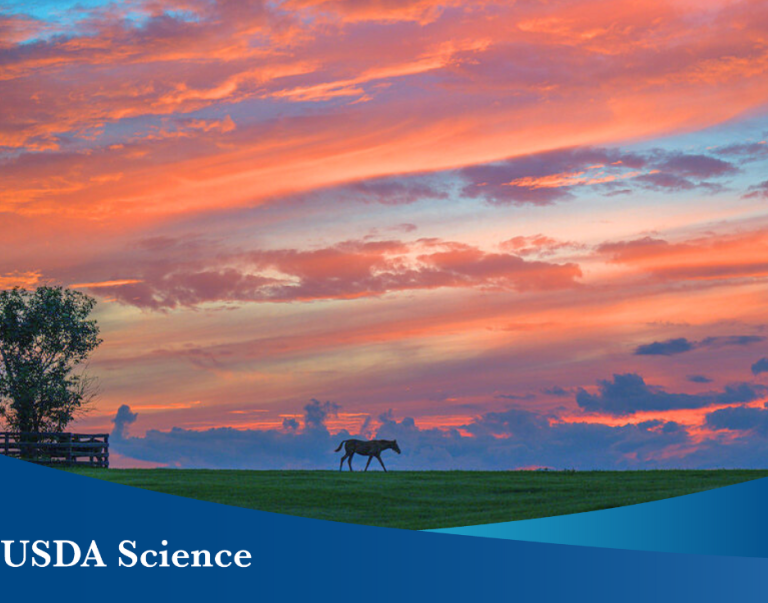For America’s farmers, science can act as a form of capital. According to Dr. Alexis Racelis, access to science is not always funded, developed, or distributed equitably.
Racelis believes one of the largest barriers to farming is the lack of geographically relevant research and education. As part of his work as an Associate Professor and the Houston Endowed Chair in Science and Technology at the University of Texas Rio Grande Valley (UTRGV), Racelis manages a five-acre farm. Racelis uses this land to conduct a variety of field studies, including tests he uses to estimate carbon levels in soil. He explains how the lack of equitable research can directly impact outcomes in different regions of the country: “All the soil tests have been developed in soils around the Midwest,” he said. “In south Texas, in particular, and other parts of the country, this science is considerably underdeveloped putting these regions at a disadvantage to build programs around climate-smart agriculture and other conservation innovations.”
In addition to his work at UTRGV, Racelis serves as co-director for the UTRGV Center for Sustainable Agriculture and Rural Advancement (SARA) SARA strives to improve agricultural sustainability and advance rural Texas communities by working with local farmers through culturally appropriate modes. Their work includes Spanish language delivery of personalized extension-style services, technical training, and financial support.
In February 2022, Racelis became one of 28 members appointed to USDA’s Equity Commission and its Subcommittee for Agriculture. In August of that year USDA expanded its commission to include a 12-member Rural Community Economic Development subcommittee.
Each commission and subcommittee member serve two-year appointments and bring a specialized understanding of their individual field and professional niche. Working together, the commission and its subcommittees evaluate USDA programs and services and propose recommendations to USDA on how it can reduce barriers to access by implementing transformative changes.
Racelis, whose parents migrated to the U.S. shortly before he was born, grew up in California and had originally planned to attend medical school. But an environmental studies class changed his course toward a career in agriculture. Racelis earned a master’s degree from Florida International University and completed his PhD at the University of California-Santa Cruz.
Racelis believes that equity is both a process and an outcome. It entails involving people in the process of getting the help they need. He credits his parents for instilling in him the importance of serving others and encouraging him throughout his career.
”I think that sense of service and the commitment to others is reflected in my interests as an academic and a lot of my work,” he said. “I use a participatory action research framework in the sense that I try to involve community. And not just in carrying out the research projects but helping ask the questions about what we research, how we do the research, and how we interpret and share the results of our work.”
“Systems change can happen from not only doing locally-relevant, culturally-relevant and community-relevant research, but building capacity through education, extension, and outreach that also come with that filter.”
“I'm hoping that some of the seeds that the Commission has planted will bear fruit and that those fruits will continue to be propagated now and, in the future,” said Racelis.



